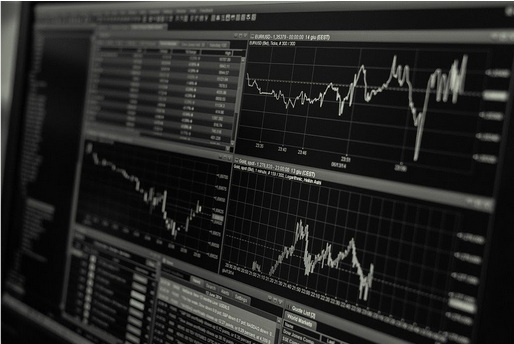Want To Start Trading? Here Are Some Useful Strategies For Beginners
If you are looking to start trading, then there are some important tips that you should know. Trading is not for everyone. It takes time and effort before someone can become successful at it. The following list contains some of the most important tips and strategies for beginners who want to trade.

Make a plan
One of the primary things that you need to know is that trading can be a full-time job. You need to make a plan before you start trading. Do not just jump into it without knowing what needs to be done and how much time it takes for someone to become successful at this business venture. This means that it is a good idea to join a trading forum where you will be able to learn more about trading and even get professional advice from veteran traders. From there, you will be able to have a viable plan that you can work with.
Get to know your charts
Another thing that you need to do is to get used to the charts. The best thing that you can do here is to watch other people who are already doing this business so you will be able to learn how they trade and what techniques they use for charting their trades. This way, it would not take long before your trading skills improve significantly.
Some of the things that you need to be familiar with when it comes to charts include the following: support, resistance, and trend lines. Support and resistance are the prices where buyers and sellers meet, while trend lines show you which direction the price is going. These are important aspects of trading that you need to be familiar with as early as now so that you will have a better idea of how to trade later on.
Start small and take risks only if you’re feeling confident
As much as possible, it is best to start small. That way, you can make sure that if something goes wrong with your trade, the amount of money you lose will be much smaller and it would not hurt as much as when trading large amounts. However, even though it is better to start small, this does not mean that one should take risks too easily without knowing what they are getting themselves into. Make sure that you only take risks if you feel confident about your trading abilities and strategies.
Avoid using bad habits
One of the most important things that traders need to know is not to rely on either their emotions or other people’s advice when it comes to making trades. One of the most common mistakes that traders make is to use martingale, which refers to adding more money every time they lose a trade so it would eventually equalize their winnings and losses. This way of trading can be very risky because one never knows when he will hit his limit.
Instead, what you need to do here is to minimize the amount that you lose in case something goes wrong. You can also use stop-loss orders, which will automatically close your position when it reaches a certain loss point so no matter how much money is at stake, you are sure to reduce your risk by limiting the maximum level of damage. Another bad habit that most traders have is averaging down, which means adding more money to your position when the price goes lower. This is a very risky move since you never know what will happen next, so it would be better if you avoid this strategy and focus on limiting risk instead.
Do not trade unless there are clear buy or sell signals
No matter how confident you feel about trading, make sure that you only trade when there are clear buy or sell signals. One of the common mistakes that traders make is trading randomly, which can have a big impact on your account balance and financial well-being in general. This means that it would be better if one avoids taking risks unless he knows what to do next since even the best strategies could fail without proper signals to guide you.

In the end, it’s all about your attitude. If you’re feeling confident and excited to take risks to achieve a higher return on investment, then go for it! But if you’re not ready yet or don’t have enough money set aside for potential losses, stay away from high-risk investments. The key is knowing when to delve into the market as well as when to stop trading.

